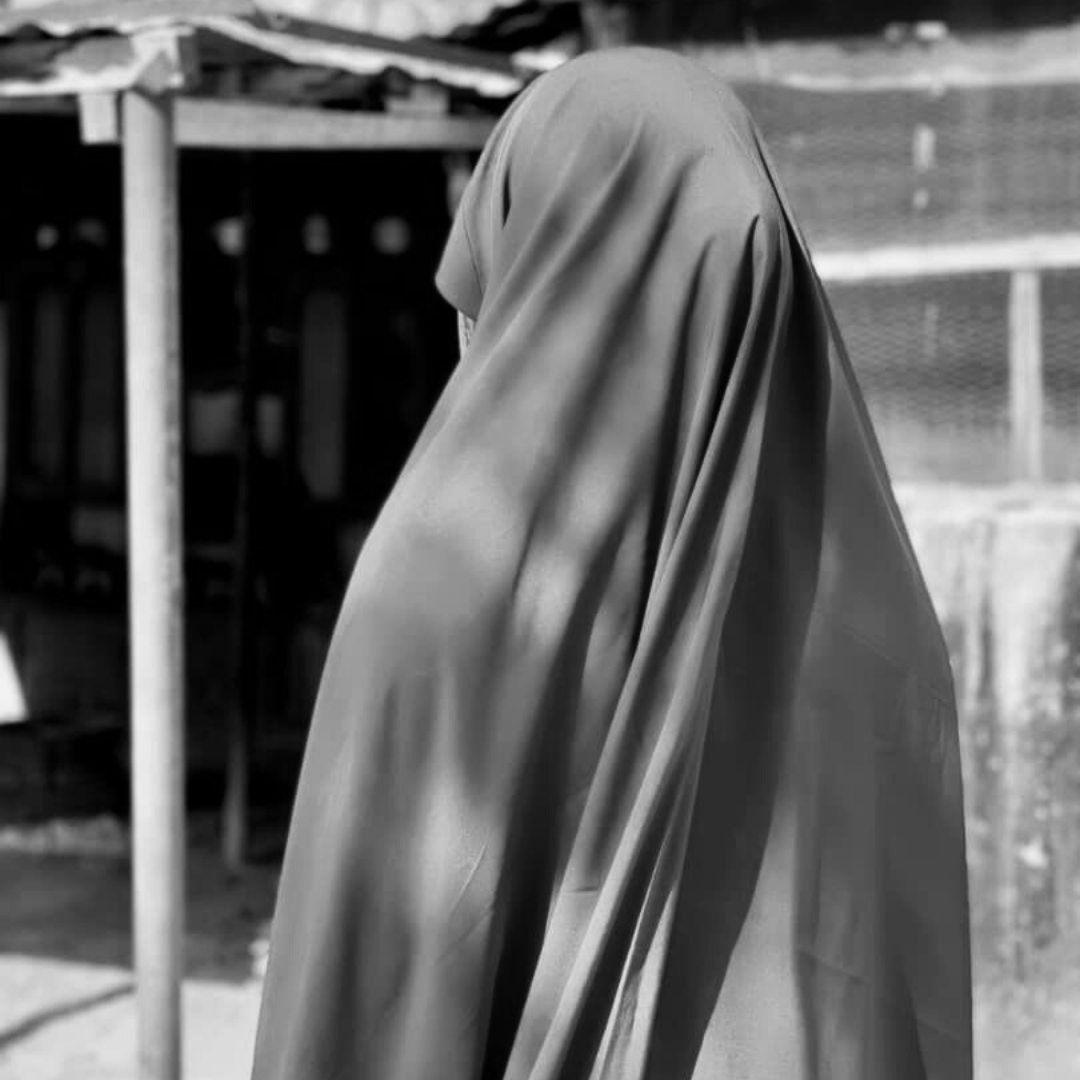I was 13 years old when my hometown was attacked. Many people, especially men, were killed. Women were captured, and my village was taken over by Boko Haram. The killing and abduction continued for almost three weeks. I was caught in an attempt to escape at night, three weeks into the occupation. They fed me and other captives with good food, which was stolen from people’s shops.
Upon hearing rumours that the military was coming to take over the town, they prepared and relocated us to Sambisa Forest. Our journey took two days on vehicles. On the way, they fed us with bread and water.
At Sambisa, I was engaged with religious studies, and then they married me to someone four months later. The so-called husband always beat me because I was a bit resistant, as I didn’t love him. However, food was sufficient. I ate good food throughout my stay at Sambisa, which lasted over 15 months.
I planned to escape when most of the Boko Haram fighters had gone on an operation. Only a few were left behind as guards, but they had fallen asleep. I left at midnight, hiding whenever I heard the sound of movement. It took me three days to reach a village called Nyanri, where I met some Fulani people who helped me with some cow milk. From there, my journey continued until I reached Marte town.
I was lucky to have met an old woman who happened to be my relative in the town. Old men and women were allowed to stay in the village untouched, but were warned not to allow anyone to stay with them. Yet the old woman received me and treated me for almost two months because I had fallen sick due to how I suffered while escaping.
The old woman linked me with certain trusted people also hiding in the village to travel with me to Maiduguri so that Boko Haram would not recapture me. We succeeded in getting to Maiduguri in a vehicle, and I was able to locate my relative’s house in the town. I was subsequently taken to my mother, who happened to be at Gubio IDP camp.
We spent over five years at the camp. We received food and non-food items from the Government and NGOs in the early years of our arrival. However, the food support subsequently became scarce. I kept recalling how food was abundant at Sambisa forest during my stay there.
I was able to learn some interior decor, like making throw pillows and bedsheets, with the help of the NGOs. I sold the items to support myself and my family members. I didn’t experience any form of stigma while in the camp, and I was also able to join adult education classes. I still attend the classes after the camp was closed.
As narrated by: Fatima Bulama (Maiduguri, Nigeria).
This snippet is published as part of a series, The Day Boko Haram Attacked.
Discover more from Chronycles
Subscribe to get the latest posts sent to your email.

Published by